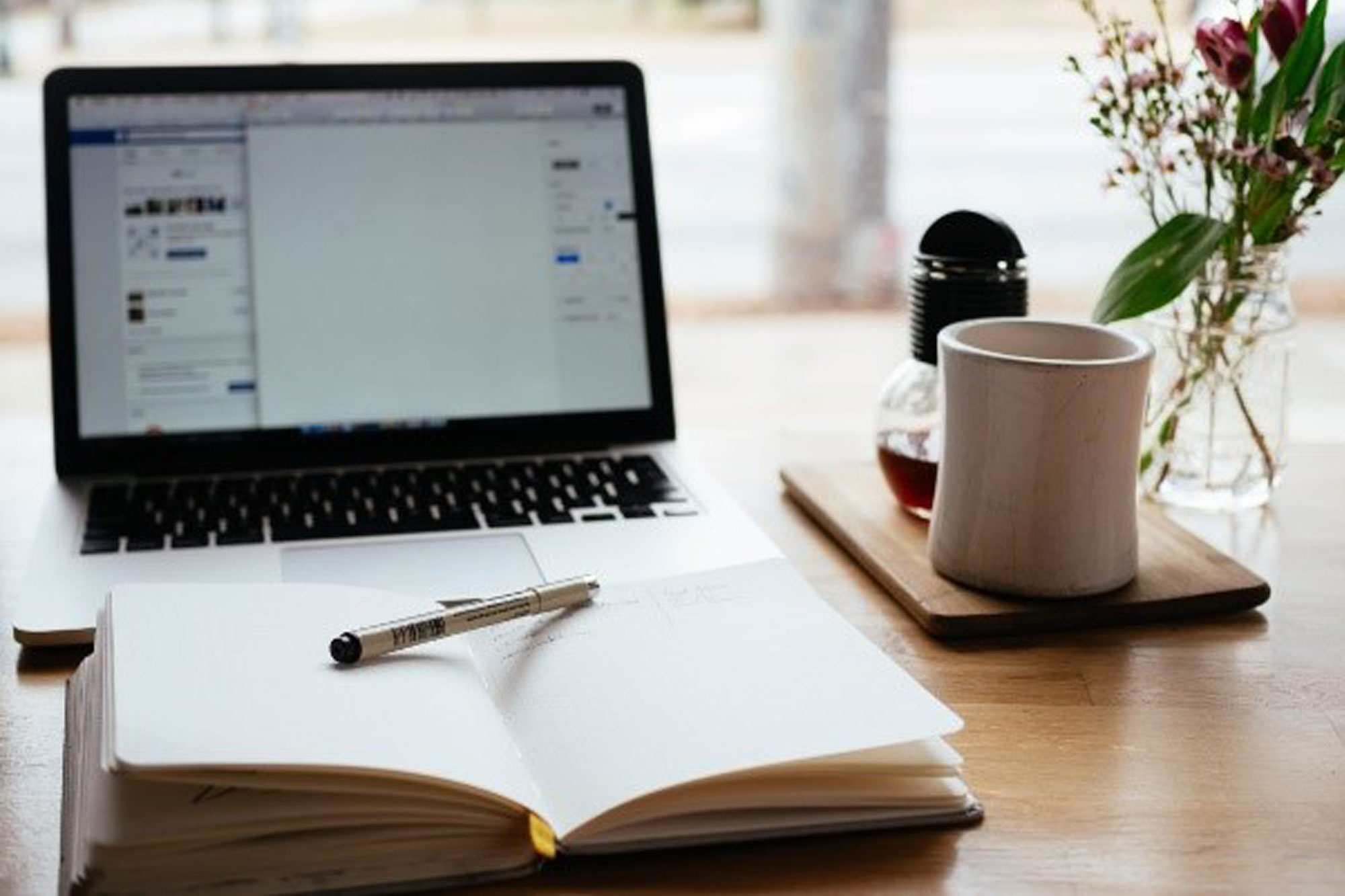During these times of remote working and studying at home, staff and students from the School of Anthropology and Conservation are presenting tips and advice on methods and resources that will help us with our productivity and wellbeing. Here, Katrine Burford-Bradshaw, studying on the BSc (Hons) in Wildlife Conservation with A Year in Professional Practice, offers some guidance on adapting to working and studying from home.
“Self-isolation has limited us to our homes with only one outdoor slot of exercise a day. Many of us are used to long library sessions or finding a spot elsewhere on campus to knuckle down. Working and studying from home is something we need to get used to. It can be hard to focus, especially with everything else going on around us. You can become your own worst enemy by getting distracted easily and not feeling the same peer pressure.
“Below are some work-at-home tips that will help you meet those deadlines:
Get started early
“When university is open, you get up and get ready for going to lectures, walking to campus and working in the library. The direct transition from your bed to laptop/computer can be jarring. Whilst university itself isn’t open, the deadlines are still very much active. By getting up early and getting ahead of the day you will be as productive as you previously would have been and feel good about yourself. While lie-ins are tempting, try and make sure it’s not impacting your work.
Pretend you are still going to university
“The mental association between university and work can make you more productive. When working from home, follow your usual routine: set an alarm, get dressed and crack on with your day.
Structure, routine and lists
“Without the typical pressures of life, it can be easy to lose your routine or struggle to stay focused. By sticking to your typical routine and structuring the day, you can accomplish all the things you typically would. Try planning your days with a diary or using Google’s online calendar. Set yourself tasks for each day so you wake up knowing what the day will bring. Write a list of things you want to accomplish each day, or each week: ticking them off as you go along will show you how much you have achieved.
Workspace
“Allocate a space for you to work in – for example, on the kitchen table or in a study. This way you are separating your home life from work life and creating boundaries between the two. You can leave your work there at the end of the day, then go back to it tomorrow.
Procrastinating on social media
“Social media is made for easy viewing, but this can be the biggest distraction impacting your productivity. Try leaving your phone in a different room when you are working. Log out of your accounts so you don’t get any notifications. There are plenty of apps that stop you from going on social media like The Hold app: the longer you don’t go on, the more points you build up that can be used to redeem rewards.
Try and do more
“Now that you don’t have to leave the house, you have more free time: try and put that to good use by aiming to do more each day.
Give yourself a break
“Make sure you are allocating times every hour or so to take a break and focus on something else. This way you won’t suffer from burnout and have set times for watching programmes and snacking.
“You got this!”
You can read more about Katrine in her student profile.

